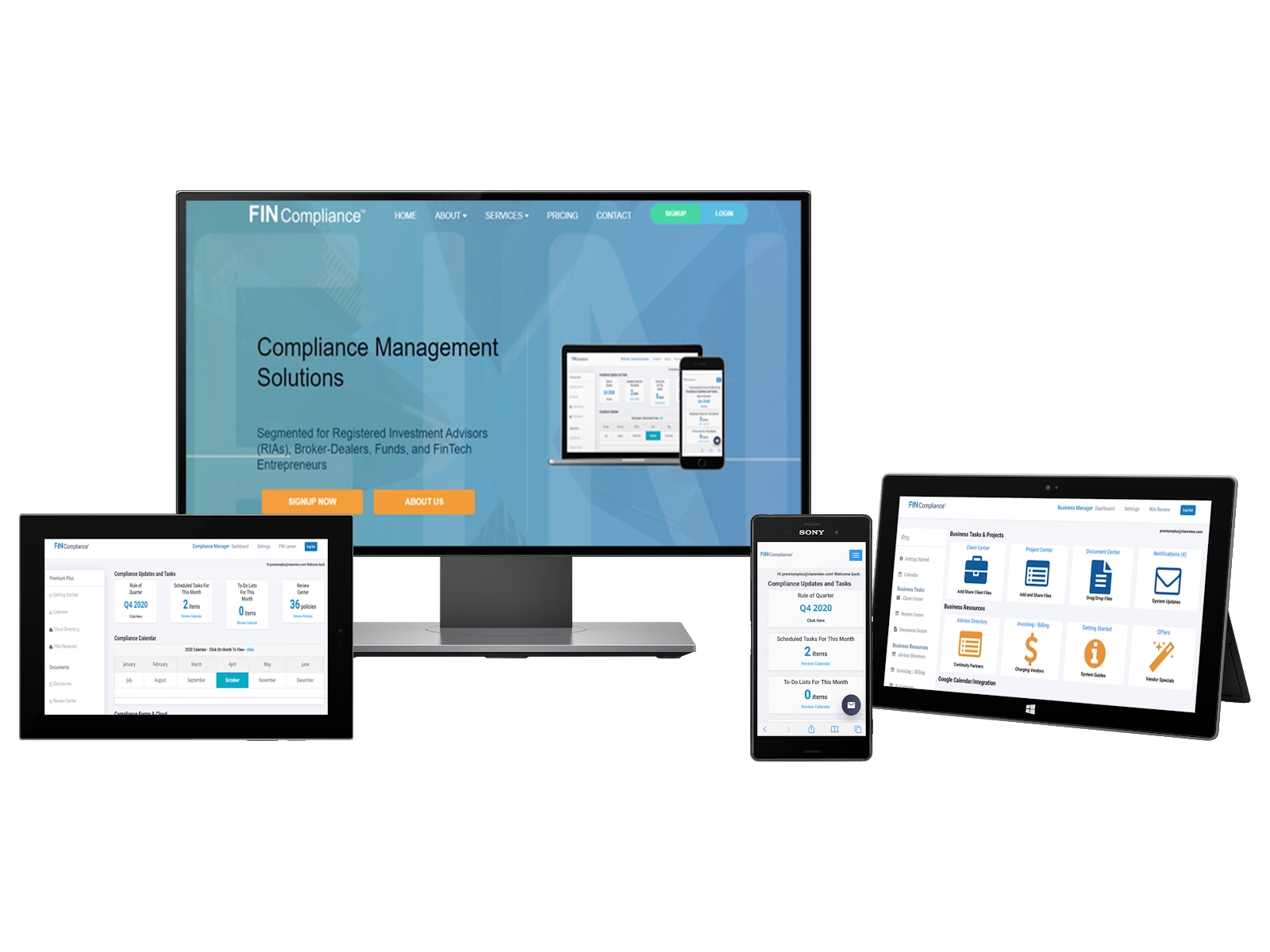We’ve received numerous inquiries for interpretation into Charles Schwab’s custodial procedures (for firms who use its portfolio center/advisor services) in light of the SEC’s no-action letter on the issue in February 2017. As such, please refer to notes below on the issue.
SEC and State-Registrants should continue to rely on
their existing jurisdictions’ interpretation of the custody rule. Schwab is adhering to (adding changes) based
on their own interpretation as a qualified custodian, and accordingly, doesn’t
act as the regulator/examiner that defines the requirements for your firm.
With that said, all firms who use Schwab services should evaluate its current instructions for first and third-party money movements.
With that said, all firms who use Schwab services should evaluate its current instructions for first and third-party money movements.
First-Party Movements (transfers between client accounts with
same name)
What doesn’t trigger enhanced
custody* (surprise exam not required)
·
Moneylink
to transfer/journal funds
·
Sending
checks directly to clients
·
Wire
Authority (if client signs Schwab authorization form with new instructions)
What does trigger enhanced
custody* (surprise exam required)
·
Maintaining
Wire Authority (without client signing Schwab authorization form with new
instructions)
Third Party Movements (transfers
between client accounts with different names)
What doesn’t trigger enhanced
custody* (surprise exam not required)
Seven conditions (as defined by Schwab) met
1.
Client
provides signed instruction to custodian with third-party disbursement info
2.
Client
authorizes IA in writing to direct transfers to third-party (e.g., on custodian
form)
3.
Custodian
verifies client instruction (e.g., signature verification and transfer of funds
notice)*
4.
Client
may terminate or change the instruction with custodian
5.
IA
cannot change instruction with custodian
6.
IA
maintains records showing that third-party is not related to IA**
7.
Custodian
sends initial and annual notice & reminder to client
What does trigger enhanced custody*
(surprise exam required)
·
Seven conditions (as defined by
Schwab) above NOT met.
*Note:
I used the term enhanced custody above to describe Schwab’s
interpretation that may or may not prompt surprise examination requirements for
your firm.
Summary (based on Schwab’s interpretation)
What to do to avoid enhanced
custody (surprise examination/custody rule provisions)
First Party Movement:
1.
Remove
current first-party wire authority from all accounts;
2.
Set
up new standing instructions with destination account detail and client
signatures, or send one-time wires;
3.
Retain
check and journal authority;
Third Party Movements: Follow seven conditions above
**Related parties (those who serve as
trustees) - enhanced custody
provisions may not be imputed on an advisor who serves as a trustee for a
family member.
Footnote
139 of the Adopting Release explains, however, that the role of the supervised
person as trustee will not be imputed to the advisory firm if the supervised
person has been appointed as trustee as a result of a family or personal
relationship with the grantor or beneficiary and not as a result of employment
with the adviser. A similar analysis would apply where the supervised person
serves as the executor to an estate as a result of a family or personal
relationship with the deceased. A personal relationship developed as a result
of providing advisory services to a client over many years is not the type of
"personal relationship" contemplated by footnote 139. (Modified March
5, 2010.) https://www.sec.gov/divisions/investment/custody_faq_030510.htm
We
understand that supervised persons may, on occasion, engage the advisory firm
to advise an estate, conservatorship or personal trust for which the supervised
person serves as executor, conservator or trustee. We would not view the
adviser to have custody of the funds or securities of the estate,
conservatorship, or trust solely because the supervised person has been
appointed in these capacities as a result of family or personal relationship
with the decedent, beneficiary or grantor (and not a result of employment with
the adviser). https://www.sec.gov/rules/final/ia-2176.htm
Contact Us to learn more about how your firm can adhere to Custody rule
compliance regulations for the SEC or State. Call us at: 650-305-2688 or email: cory@RIAreview.com.
Email Us to schedule a brief session to
review needs
Compliance and Business Management
FIN Compliance (FINCompliance.io) is a
consortium of compliance services including: RIA Consults-Roberson Consults
Group, a compliance consulting firm, RIA Review, a compliance-management
software tool (SaaS), B-D Review, a RIA/Broker-Dealer compliance management
software tool, and FINLancer is a business
management portal featuring: E-signature tools; Invoicing integration,
Vendor Directory, continuity directory*, business client document portal, and
more (available by Q3 2019). Access all services
on one site: FINCompliance.io.
Impact
FIN Missions (FINmissions.com) provides business support group
sessions for other entrepreneurs. In addition, Cory has volunteered
for more than fifteen youth programs in locations such as like S. Korea, China,
S. Africa, Thailand, and India.





No comments:
Post a Comment